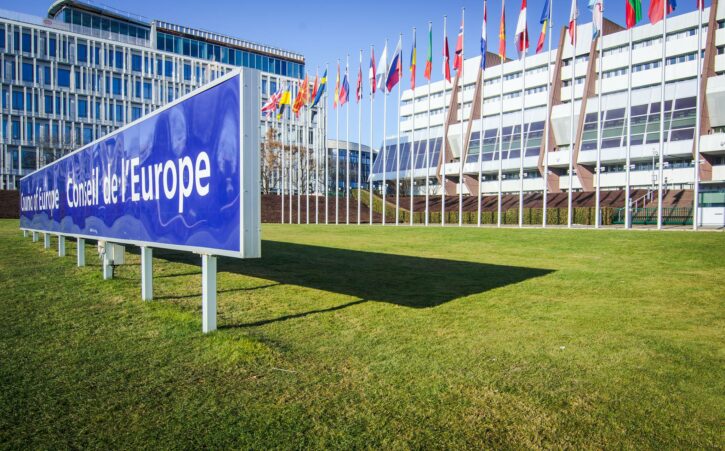
The Council of Europe’s Committee of Experts said in its third evaluation report on Bosnia that a “clearly detectable lack of coordination among multiple levels of authority continues to hamper” the implementation of the European Charter for Regional and Minority Languages (ECRML) and called for “more awareness-raising of the protection offered under the Charter among the speakers of the languages and for reinvigorated efforts to ensure the presence of these languages in media, administration and in daily life.”
The Committee of Experts noted the country’s complex constitutional order, with authorities on state, entity, canton and municipal levels, once again recommended aligning the legislation on all levels with the ECRML “to allow more substantial progress in its implementation to safeguard and promote regional and minority languages.”
The experts found that, although the state-level legal framework provides a basis for the protection of minority languages, “in practice the high thresholds and the lack of the alignment of lower-level legislation still result in a low level of implementation of the Charter provisions.”
The ECRML in Bosnia and Herzegovina applies to 15 languages – Albanian, Czech, German, Hungarian, Italian, Ladino, Polish, Romani, Romanian, Ruthenian, Slovak, Slovenian, Turkish, Ukrainian and Yiddish.
“The Committee regrets a generally low level of awareness of the Charter among the speakers of these languages and the members of their associations,” it said.
It urged state authorities to do more to raise awareness of the ECRML and minority languages in society at large as well as to discuss the Committee’s recommendations with all stakeholders and consult with minority language speakers on how to implement the Charter effectively.
They pointed out that minority languages are “largely absent from public broadcasting, public education and judicial and administrative proceedings”, insisting that the authorities should reinvigorate their efforts to improve the situation, in particular by securing proper financial resources and training.
They pointed out that municipalities in the country have neither adopted official place names in minority languages, nor are they using them on place name or street name signs, “despite the funding and technical expertise offered by the Council of Europe and the European Union.”
According to the report, the funding of national minority cultural projects is insufficiently transparent and unsystematic, “resulting in minority language speakers being largely unaware of existing project-based funding schemes and facing difficulties in complying with the regulations.”
The Committee of Experts urged Bosnia and Herzegovina to take the following steps:
1. implement the Charter irrespective of the thresholds in domestic legislation;
2. establish a structured policy and take flexible measures facilitating the application of the Charter;
3. provide appropriate forms and means for the teaching of the minority languages in cooperation with the speakers;
4. establish a scheme for financing cultural activities and facilities relating to the minority languages;
5. make adequate provisions so that public broadcasters offer programmes in the minority languages;
6. ensure the adoption and use of traditional forms of place names in the minority languages where applicable;
“The Committee of Ministers invites the authorities of Bosnia and Herzegovina to submit with no further delay their fourth periodical report which was due on 1 June 2021 in accordance with the Committee of Ministers decisions adopted on 28 November 2018,” it said.





Kakvo je tvoje mišljenje o ovome?
Budi prvi koji će ostaviti komentar!